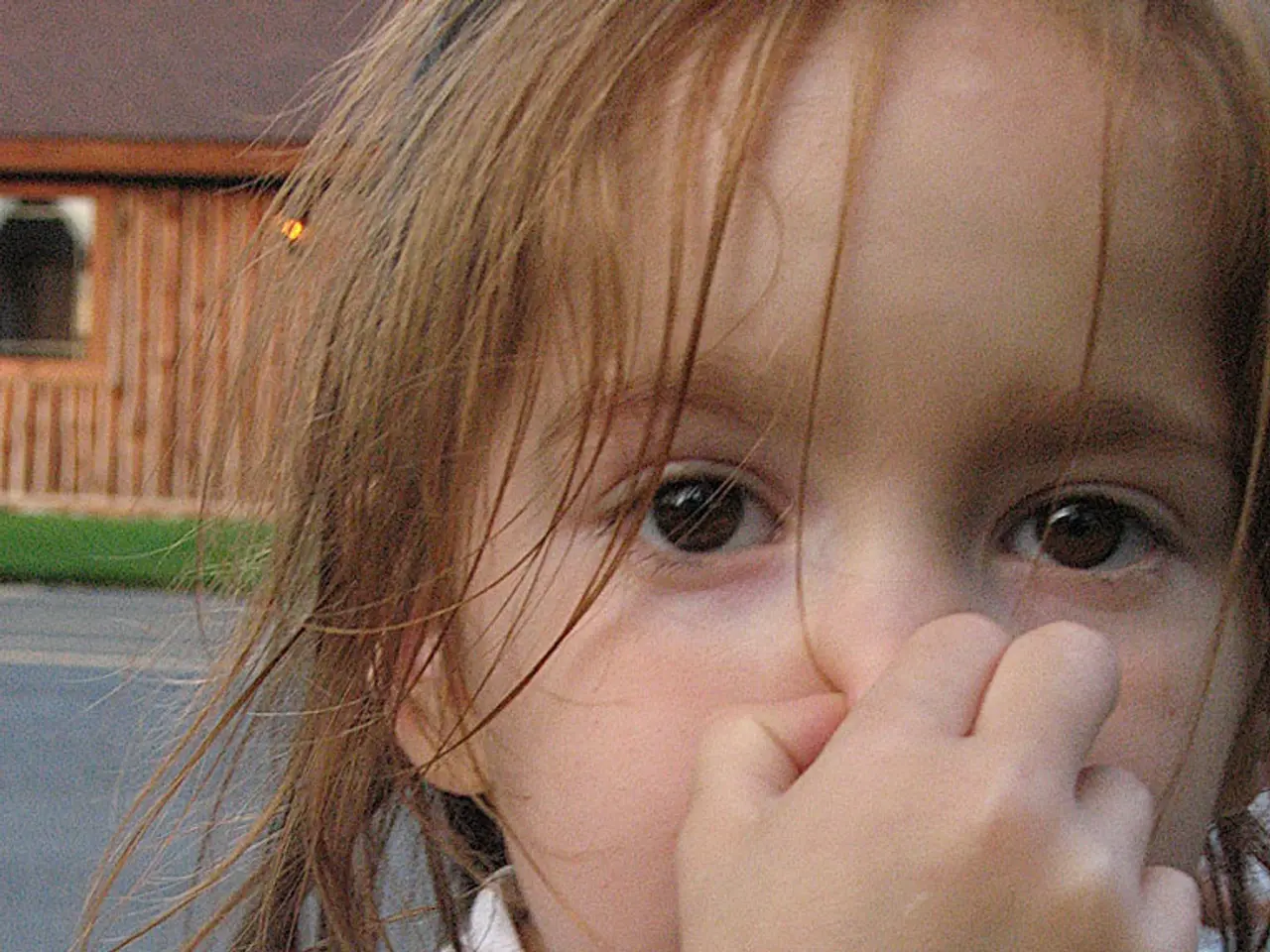Psychedelics: Decolonizing the Mind-Altering Substances
In the realm of mental health research, the decolonization of psychedelics is an increasingly significant topic of discussion. This complex issue requires careful consideration and collaboration with Indigenous communities, as the use of Indigenous psychedelic plants by Western scientists and pharmaceutical companies has been a source of ethical debate for over a century.
The practice of synthesizing chemical compounds from Indigenous psychedelic plants has raised concerns due to its historical context. For centuries, Western scientists and pharmaceutical companies have been involved in the collection and synthesis of these plants, often without proper consent or understanding of the cultural significance of these substances in Indigenous societies.
The ethical considerations for decolonizing the psychedelic industry center on addressing historical Western scientific exploitation and cultural appropriation. To rectify this, potential solutions focus on prioritizing Indigenous leadership, knowledge transmission, and justice-oriented frameworks.
One proposed solution is the establishment of immersive, Indigenous-led ethical frameworks that go beyond clinical or commercial approaches. These frameworks could facilitate cross-cultural dialogue and collaboration, and develop programs that integrate Indigenous perspectives on healing and ceremony into psychedelic research and practice.
Another solution is fostering cross-border collaborations that unite diverse epistemologies, creating new paradigms based on mutual respect and healing. This could involve establishing ethical guidelines and integration processes informed directly by traditional knowledge holders.
The decolonization of psychedelics aims to move the industry from purely scientific or market-driven models towards relational, collective healing and justice. This paradigm shift recognizes the colonial entanglements in the industry's history and seeks to rectify the power imbalances that have existed for too long.
In essence, the decolonization of psychedelics is a call for a more equitable and respectful approach to their use and research. It implies a shift towards respecting and acknowledging the cultural origins of these substances, and could lead to a more culturally sensitive and respectful approach to mental health treatment.
Scholars like Bia Labate and institutions like Chacruna emphasize the importance of Indigenous-led frameworks and justice-focused futures for psychedelia. As the debate continues, it is clear that a more equitable and respectful approach to psychedelics is essential for the ethical responsibility of the industry.
References: 1. Labate, B. (2021). Decolonizing Psychedelics: A Call for Equity and Respect. Chacruna. 2. Labate, B., & Cavnar, M. (2016). Ethnobotanical and Ethnopharmacological Considerations for the Study of Ayahuasca in the United States. Journal of Psychoactive Drugs, 48(3), 183-190. 3. Labate, B., & Labate, L. (2014). Ayahuasca in the Amazon: From Shamanic Healing to Biomedicine. Oxford University Press. 4. Walsh, R., & Grob, C. S. (2011). The Ayahuasca Reader: Encounters with the Amazonian Rainforest Church of Santo Daime. University of Arizona Press. 5. Grob, C. S., & Halpern, J. (2015). The Spirituality of Psychedelics: A Half Century of Transformation. Oxford University Press.
- Efforts to decolonize the psychedelic industry aim to shift the focus from science and profit to health-and-wellness, recognizing the cultural origins of these substances and promoting a more respectful approach to mental-health therapies-and-treatments.
- Scholars like Bia Labate and institutions like Chacruna advocate for Indigenous-led frameworks and justice-focused futures in psychedelic research, promoting cross-border collaborations that integrate Indigenous perspectives on healing and ceremony.
- The decolonization of psychedelics is not just about science, it's about culture – understanding the historical context of scientific exploitation and cultural appropriation, and working towards a more equitable and respectful future in the field of science and mental health.




